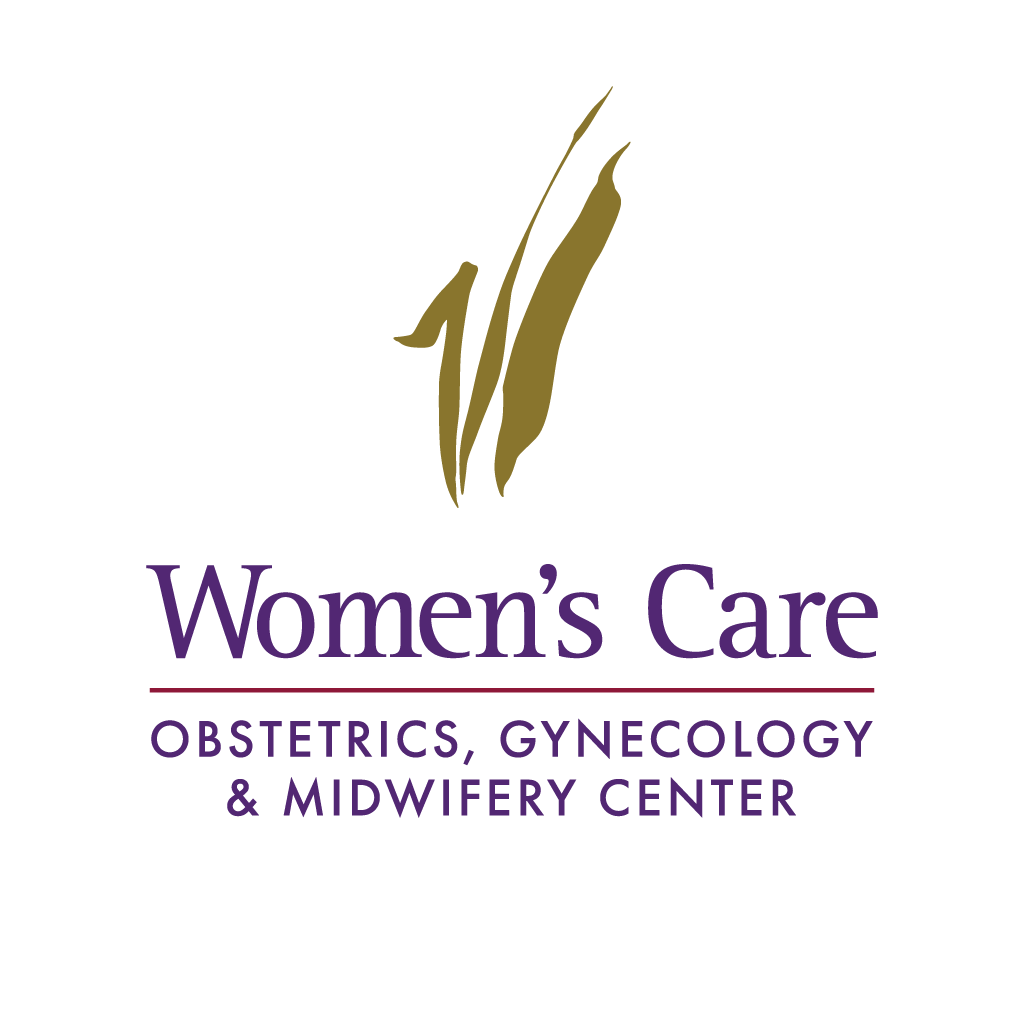Heart Disease and Women
Heart disease or cardiovascular disease (CVD) is the leading cause of death in the United States, claiming more than 600,000 lives in the US alone in 2016. Heart disease causes serious health issues, such as heart attack and stroke, which can affect individuals throughout their lifetimes.
How may I be at risk of heart disease?
Postmenopausal women over age 55 are at the highest risk of developing CVD, but premature heart disease may also occur in premenopausal women under age 55 if the condition runs in their families. For example, women with familial hypercholesterolemia (FH) may be more susceptible to heart disease due to a defect on Chromosome 19 that makes the body unable to remove bad cholesterol from the blood.
FH is a genetic condition that causes abnormally high or elevated blood cholesterol levels in both men and women, which puts them at risk of developing atherosclerosis or the buildup of arterial plaques that restrict blood flow through the arteries to vital organs. Plaques are made up of sticky substances that include fat, cholesterol, and calcium, which are normally found in the blood.
Is cholesterol bad?
Not all cholesterol is bad. In fact, cholesterol occurs in both good and bad forms. Low-density
lipoprotein (LDL) is a bad form of cholesterol because at high blood concentrations, it tends to deposit and collect in arteries, which causes the buildup of arterial plaques. On the other hand, high-density lipoprotein (HDL) is a good form of cholesterol because it takes cholesterol to the liver for processing and thus does not cause arterial plaques.
Does heart disease increase the risk of pregnancy complications or loss?
Women with heart disease and who are pregnant have an increased risk of pregnancy loss and pre-eclampsia. The latest research shows that women who have had preeclampsia in pregnancy may be at a higher risk for heart disease in the future. Make sure to let your primary care provider know if preeclampsia was part of your pregnancy!
Pregnant women may also experience up to a 50 percent increase in blood cholesterol levels, which makes women with heart disease or a family history of heart disease, such as FH, more likely to develop adverse symptoms that could negatively affect their health and the health of their pregnancies.
How can high blood pressure from Cardiovascular Disease (CVD) affect my health?
Two conditions linked to high blood pressure from CVD in women are polycystic ovary syndrome and gestational diabetes. Polycystic Ovary Syndrome affects one in ten women of childbearing age causing, infertility and increased risk of diabetes. Gestational diabetes occurs due to high blood sugar levels during pregnancy and can increase a woman’s risk of CVD during her lifetime.
Heart disease is a serious but preventable condition that can be managed with proper diet, exercise, and regular health care visits. Schedule your next well-woman exam today with our experienced team of OBGYNs at one of our Eugene/Springfield offices.
